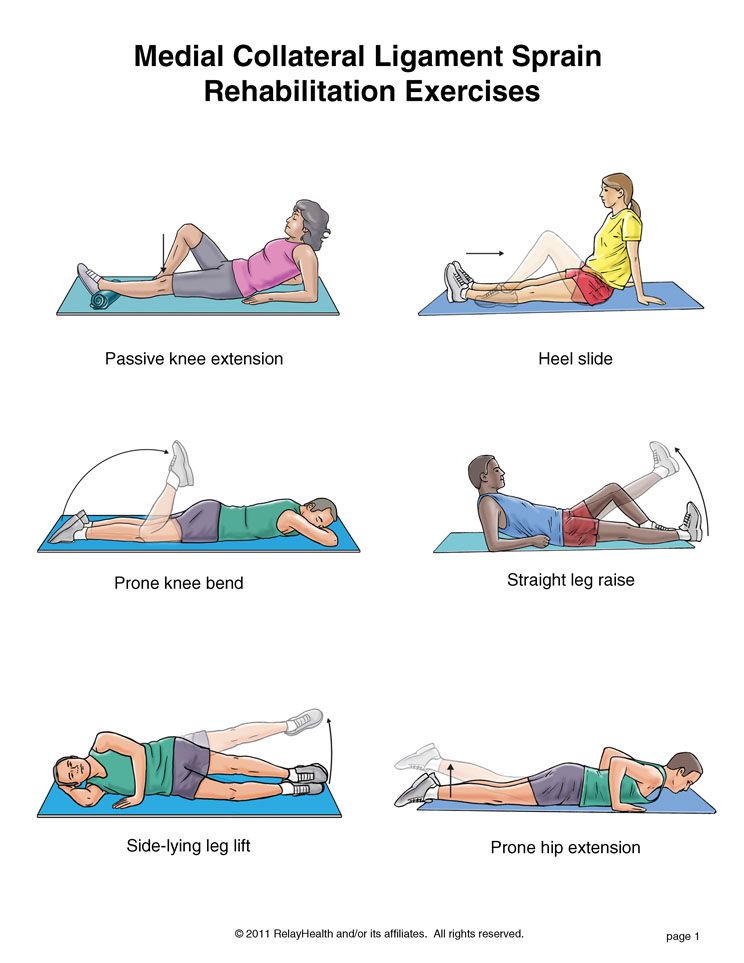Celiac Disease Guide: Heal Canker Sores Naturally
For individuals suffering from celiac disease, the presence of canker sores can be a recurring and troublesome issue. Celiac disease, an autoimmune disorder that causes the immune system to react to gluten, can lead to a variety of symptoms, including digestive issues, fatigue, and skin rashes. Canker sores, also known as aphthous ulcers, are small, shallow lesions that develop on the soft tissues in the mouth, often causing discomfort and pain. While canker sores can be a challenge for anyone, those with celiac disease may experience them more frequently due to the malabsorption of essential nutrients, such as vitamin B12, iron, and folate, which are crucial for maintaining healthy mucous membranes.
Understanding the Connection Between Celiac Disease and Canker Sores
Research has shown that people with celiac disease are more prone to developing canker sores due to the inflammation and oxidative stress caused by the immune system’s reaction to gluten. The malabsorption of nutrients can lead to deficiencies, which in turn can impair the body’s ability to heal and protect the mucous membranes, making them more susceptible to irritation and ulcers. Furthermore, the constant inflammation in the gut can lead to a condition known as “leaky gut syndrome,” where the lining of the small intestine becomes damaged, allowing toxins and undigested food particles to pass through the gut wall and into the bloodstream, potentially triggering an immune response that can exacerbate canker sores.
Natural Remedies for Healing Canker Sores
Fortunately, there are several natural remedies that can help heal canker sores and reduce their frequency in individuals with celiac disease. Some of these remedies include:
1. Dietary Changes
Maintaining a strict gluten-free diet is essential for managing celiac disease and reducing the frequency of canker sores. Additionally, increasing the intake of foods rich in omega-3 fatty acids, such as salmon and flaxseeds, can help reduce inflammation. Foods high in antioxidants, like berries and leafy greens, can also help protect the mucous membranes from damage.
2. Vitamin and Mineral Supplements
Supplementing with vitamins and minerals that are commonly deficient in individuals with celiac disease, such as vitamin B12, iron, and folate, can help promote healing and reduce the frequency of canker sores. It is essential to consult with a healthcare professional before starting any supplementation regimen to ensure that the supplements are gluten-free and suitable for your specific needs.
3. Topical Treatments
Topical treatments, such as aloe vera gel, coconut oil, and tea tree oil, can help soothe and protect the mucous membranes, reducing discomfort and promoting healing. These treatments can be applied directly to the affected area using a cotton swab.
4. Stress Reduction Techniques
Stress can exacerbate canker sores, and individuals with celiac disease may experience higher levels of stress due to the challenges of managing their condition. Practicing stress reduction techniques, such as meditation, yoga, or deep breathing exercises, can help mitigate stress and promote overall well-being.
It's crucial for individuals with celiac disease to work closely with their healthcare provider to develop a personalized treatment plan that addresses their unique needs and promotes overall health and well-being.
Step-by-Step Guide to Managing Canker Sores
While canker sores can be a challenge to manage, there are several steps that individuals with celiac disease can take to reduce their frequency and promote healing:
Step 1: Maintain a Gluten-Free Diet
Eat a balanced diet that is rich in fruits, vegetables, and whole grains, and avoid foods that contain gluten.
Step 2: Stay Hydrated
Drink plenty of water to keep the mucous membranes hydrated and promote healing.
Step 3: Practice Good Oral Hygiene
Brush and floss your teeth regularly to reduce the risk of infection and promote healing.
Step 4: Get Enough Sleep
Aim for 7-8 hours of sleep per night to help reduce stress and promote overall health and well-being.
Frequently Asked Questions
What is the best way to treat canker sores?
+The best way to treat canker sores is to maintain a gluten-free diet, stay hydrated, practice good oral hygiene, and get enough sleep. Topical treatments, such as aloe vera gel and coconut oil, can also help soothe and protect the mucous membranes.
Can canker sores be a symptom of celiac disease?
+Yes, canker sores can be a symptom of celiac disease. The malabsorption of nutrients and inflammation caused by the immune system's reaction to gluten can lead to deficiencies and impair the body's ability to heal and protect the mucous membranes.
How long does it take for canker sores to heal?
+The healing time for canker sores can vary depending on the severity of the sore and the individual's overall health. With proper treatment and care, most canker sores can heal within 1-2 weeks.
Conclusion
Canker sores can be a frustrating and painful issue for individuals with celiac disease, but there are several natural remedies and strategies that can help promote healing and reduce their frequency. By maintaining a gluten-free diet, staying hydrated, practicing good oral hygiene, and managing stress, individuals with celiac disease can reduce their risk of developing canker sores and promote overall health and well-being. Remember to consult with a healthcare professional before starting any new treatments or supplements, and work closely with them to develop a personalized treatment plan that addresses your unique needs and promotes overall health and well-being.

